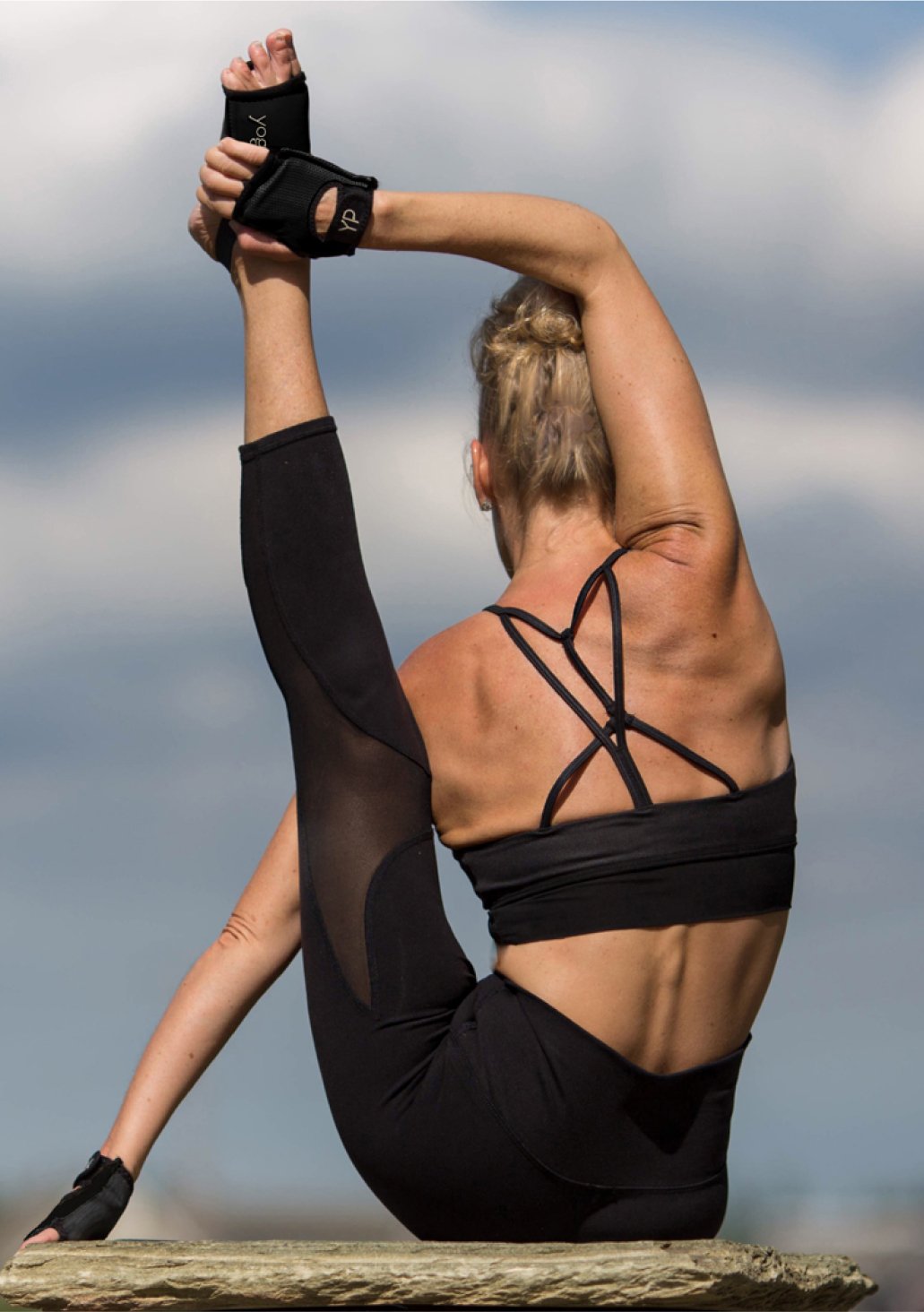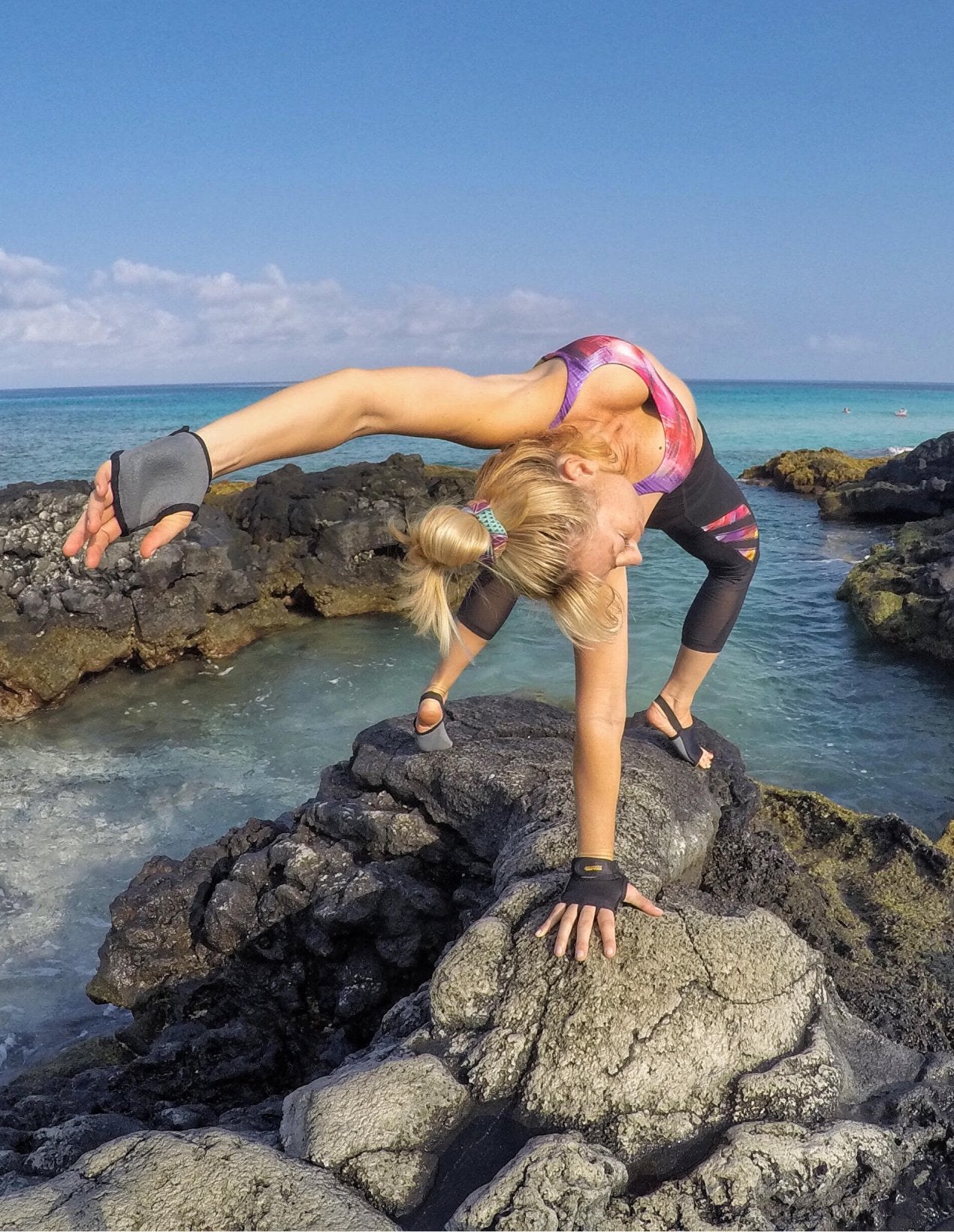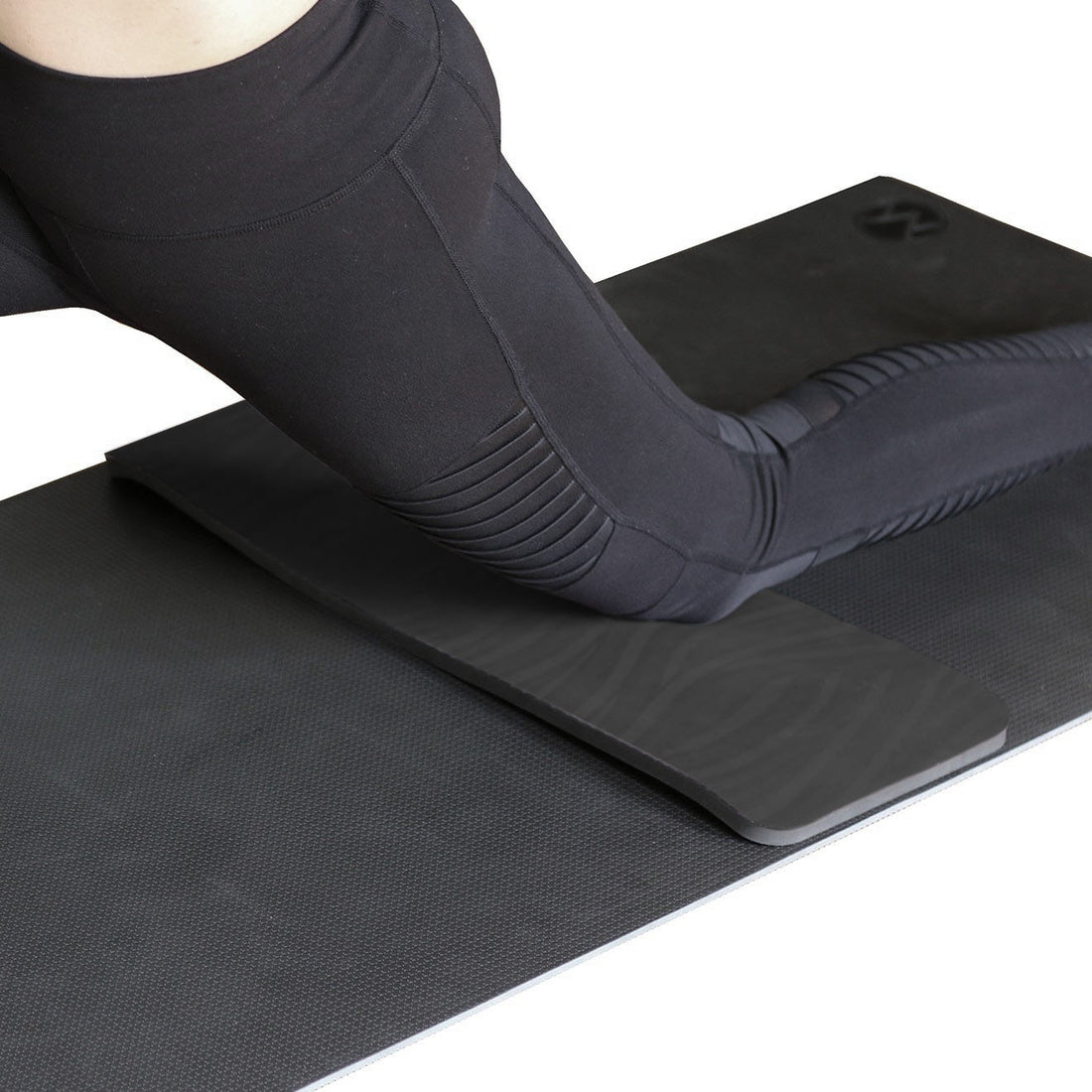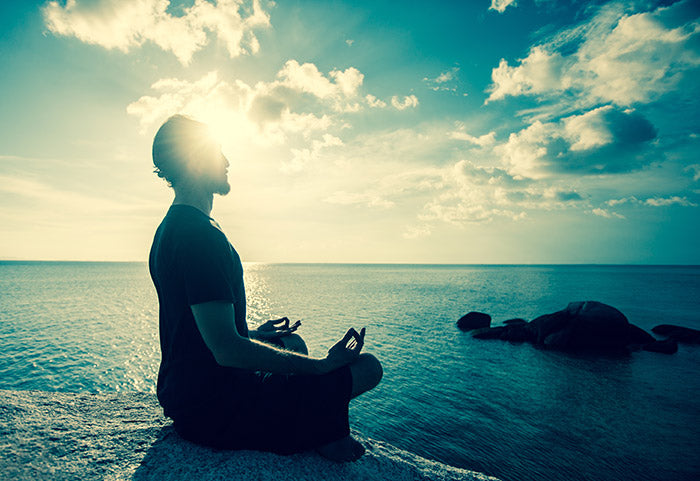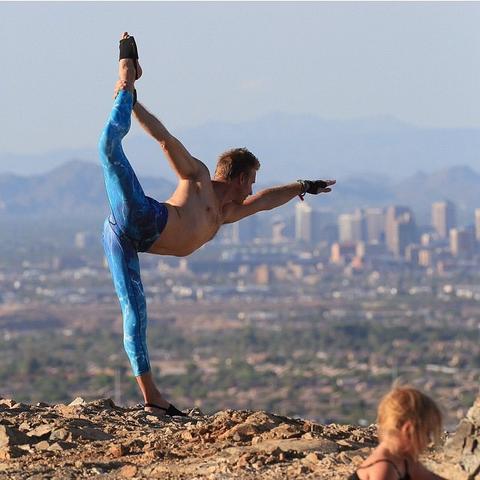 Sleep is supposed to be a routine part of your life — the time when your body and mind rest and repair themselves. But, a good night’s rest can be elusive. In the U.S. alone, 70 million people suffer from insomnia, according to 2012 data from the National Sleep Foundation and the Centers for Disease Control and Prevention. And, that’s not counting the millions more who fall asleep but never relax into the deepest of the five sleep cycles as they toss, turn, or grind their teeth.
Sleep is supposed to be a routine part of your life — the time when your body and mind rest and repair themselves. But, a good night’s rest can be elusive. In the U.S. alone, 70 million people suffer from insomnia, according to 2012 data from the National Sleep Foundation and the Centers for Disease Control and Prevention. And, that’s not counting the millions more who fall asleep but never relax into the deepest of the five sleep cycles as they toss, turn, or grind their teeth.
It’s hard to point to any single cause of sleep problems. You live in a 24/7 world where your schedule is manipulated by stress, counter-intuitive eating times (think no breakfast or dinners that don’t start until 10 PM), and technology (as in the constant glow of the monitor or the music that flows through your earbuds). So all of the internal systems connected with your fight-or-flight response are always on high alert. The adrenalin rarely ebbs, making it difficult to power down when you need to.
Hormonal changes can lead to a lot of sleepless nights. Additionally, so can environmental factors, from the obvious ones such as street noise or neighbors who leave lights on at night, to more subtle ones. Canada’s Naturopathic Medicine Profession says the accumulation of environmental toxins and synthetic chemicals can interrupt your sleep patterns, as can lack of time spent outside.
Obviously, trying to create a lifestyle that is conducive to a normal sleep cycle is important. Yogic thinking usually recommends rising before dawn to take advantage of this lighter, vata time; eating when the sun is the hottest (noon) and going to bed around 10 PM. But, sometimes, even when you have made adjustments to your schedule, shut down your electronic devices and tried to relax, you’re still counting the minutes going by while you lie awake. Preparing yourself for bed demands that you help your mind and body activate the natural responses that tell you to turn off and go to sleep.
For many people who have trouble sleeping, movement helps provide some of those cues. Because yoga isn’t necessarily aerobic, it’s a particularly good choice to help release physical tension. And, many yoga poses trigger physiological calming responses in your brain that help send the message to your body to sleep. According to doctor and yoga teacher Baxter Bell, writing in Yoga Journal, inversions help the body shift from the sympathetic nervous system that controls a fight-or-flight response to the parasympathetic one that controls a relaxation response.
Here are some poses to try in the evenings to unwind and prepare for sleep:
 |
Uttanasana (Standing Forward Bend)
|
 |
Supta Baddha Konasana (Reclining Bound Angle Pose)
|
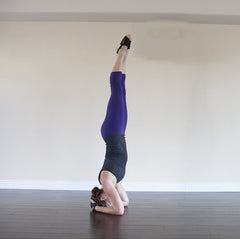 |
Sirsasana I (Headstand Pose) Benefits: As with many of the inversion poses, when your brain needs to find peace, this is a pose to take away mind-fog, relieves stress, and boost your energy. How to do it: Kneel down. Interlace your hands, bend down and place them on the mat in front of you. Your hands will cup your head. Tuck pinky if you tend to roll on it, or it makes your pose unsteady. Position your elbows so they are shoulder-width apart. Come up to your toes and walk up into a dolphin-like pose. Go up to your tippy toes. You can bring one knee, or both into your chest. Find your balance. Slowly raise legs one at a time, or both together up to the sky. Your ankles should be over your knees, your knees over your hips, and your hips over your shoulders. |
Work it out. It sounds counterintuitive, but sometimes tiring yourself out with a vigorous practice can help you rest. Just avoid doing it within an hour of bedtime.
Watch what you eat. While avoiding caffeine, or spicy, heavy food within two hours of bedtime might be an obvious “don’t,” keep in mind that fruits high in natural sugars can also be sleep disruptors. Looking for calming herbal teas can be the start of a soothing, nighttime ritual. Consider complementing that with a warm bath or shower and aromatherapy.
All of this helps to remind yourself that nighttime is the time for rest and rejuvenation, not stress. Lying awake worrying about things won’t help you get them done. Let your to-do list go. Just as you do in your practice, use your breath to focus on what you are doing at that moment. Breathe in the world “calm,” breathe out “stress.” Or use whatever words help you feel centered, relaxed and ready for the liberation of a deep, refreshing night’s sleep.
Thanks for reading! Feel free to take 10% off your next order with code: PAWBLOG



